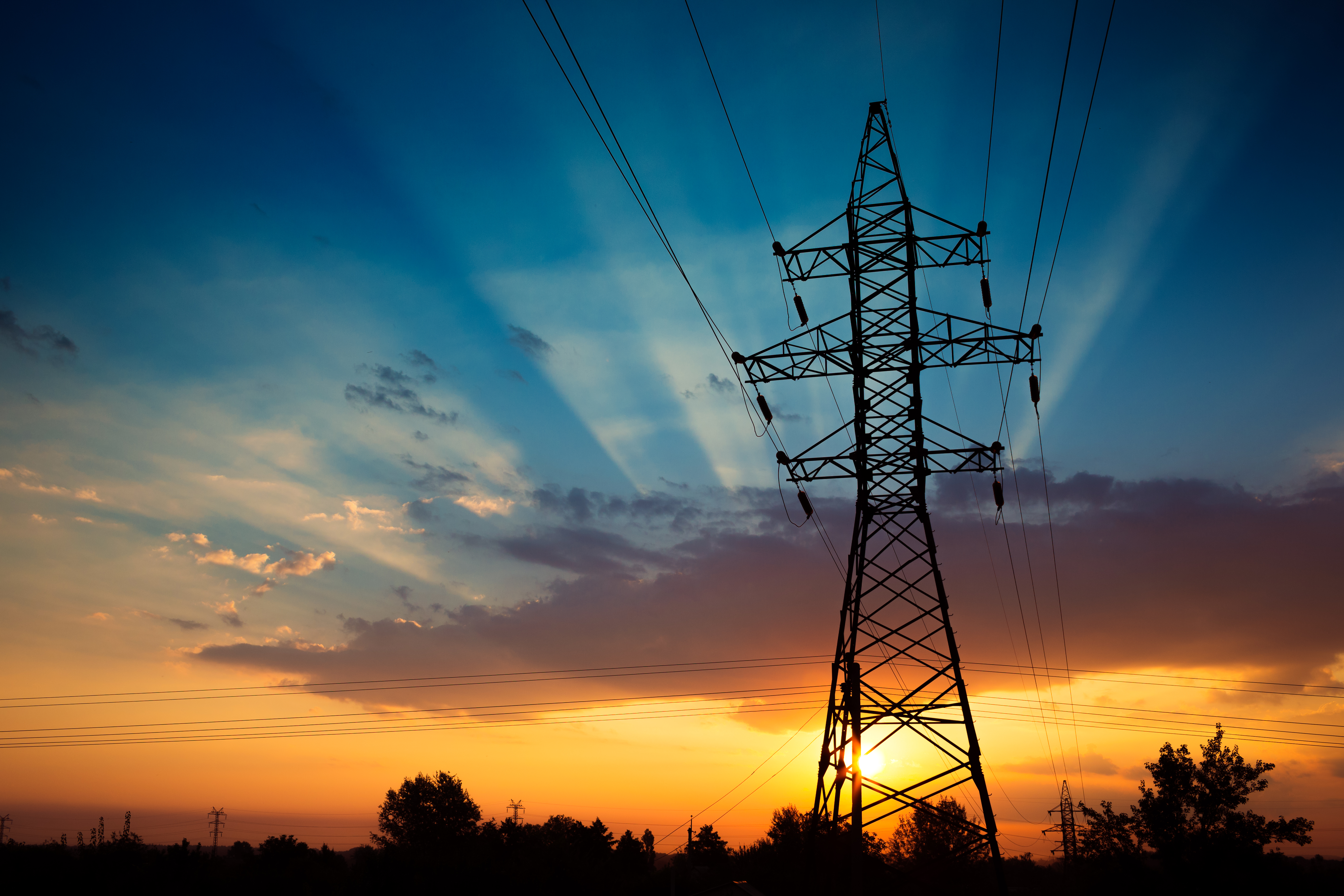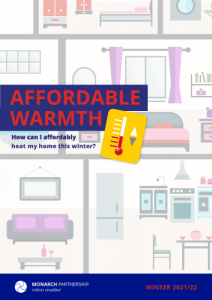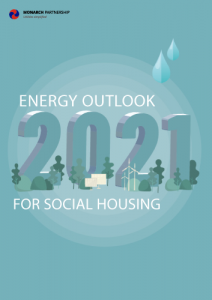How can a price cap benefit you?
It was announced today that Ofgem has proposed an energy price cap to help 11 million households across England, Scotland and Wales save money on their energy bills. The introduction of a maximum limit of £1,136 a year per household (for those who pay by direct debit; the limit increases to £1,219 for standard credit customers) is set to save the average consumer £75. However, many customers are currently on the most expensive tariffs with their suppliers, and could save up to £250 when the cap is introduced. Ofgem estimates that the energy price cap overall will save consumers around £1 billion.
Why is the price cap being introduced?
Over the years, consumers have found it increasingly difficult to meet the ever-rising costs of their gas and electricity bills. In July 2018, the Domestic Gas and Electricity (Tariff Cap) Act became law, giving Ofgem the power to put a price cap in place and ensure that costs remain fair and reasonable. The cap, however, is temporary and will only be in place until 2020, although could be extended to 2023 at the very latest. Ofgem intends to review the cap twice a year (April and October) to ensure that it takes into consideration the updated costs of gas and electricity. Ofgem hopes to have the price cap in place by the end of 2018, and suppliers have until 6 October to voice concerns or make any comments on the proposal.

How does this impact energy firms?
Undoubtedly, the profit margins of the big six energy firms will be impacted heavily. It’s predicted that, to make up for this, there may be job cuts throughout large energy companies. This in turn could have a knock-on effect for the customer service that their existing consumers receive, pushing them to look elsewhere for better service and lower prices. Often, smaller energy suppliers offer consumers a better deal than the big six firms (made up of British Gas, EDF, E.ON, Npower, Scottish Power, and SSE) and, recently, have become serious rivals for the giants of the energy world. The cheapest tariffs on offer – particularly from small players in the energy game – are considerably lower in price than the maximum cap of £1,219, so the competition is far from over in terms of gaining new customers.
Do you need to do anything?
Well, yes. You should still shop around to make sure you’re getting the best deal possible. Ofgem’s energy cap is still around £300 more expensive than fixed-term tariffs, which is a considerable difference! Don’t be lulled into a false sense of security by the cap. Although it’s a step in the right direction in protecting consumers and ensuring fair prices, it by no means matches the best deals on the market right now. Conduct some research and see what supplier and tariff works best for you and your energy usage patterns. Chances are, you’ll be charged a lower amount than the price cap anyway!
Useful links:
Monarch: Businesses pay too much for energy















